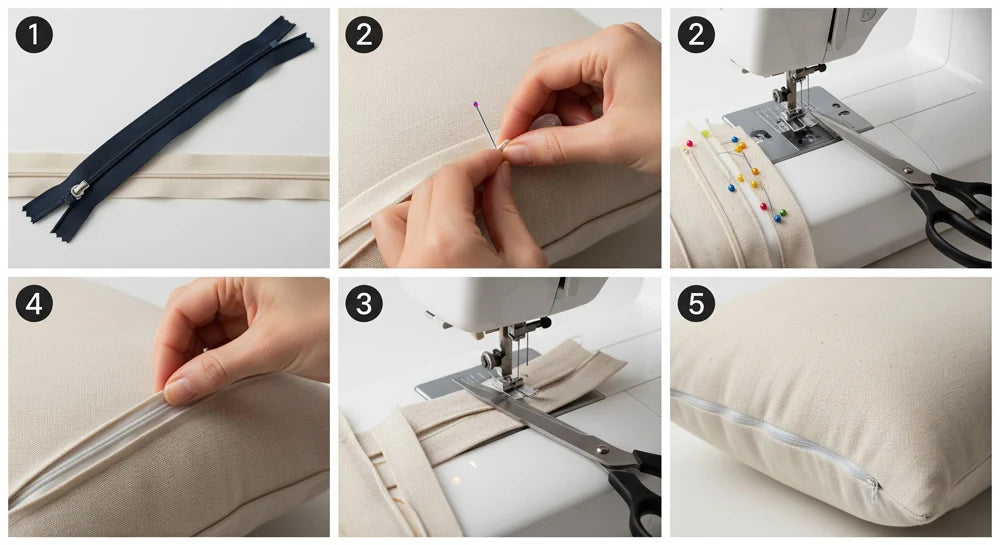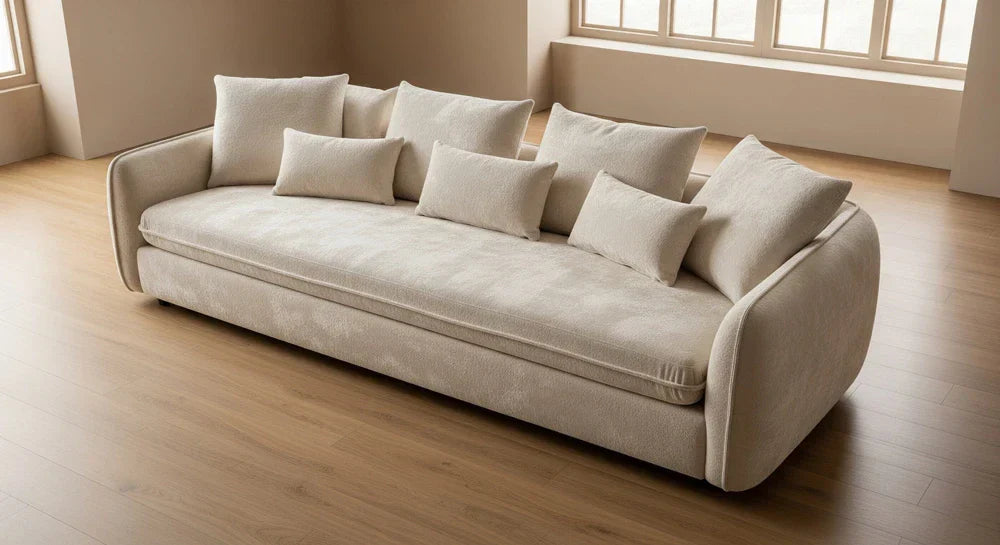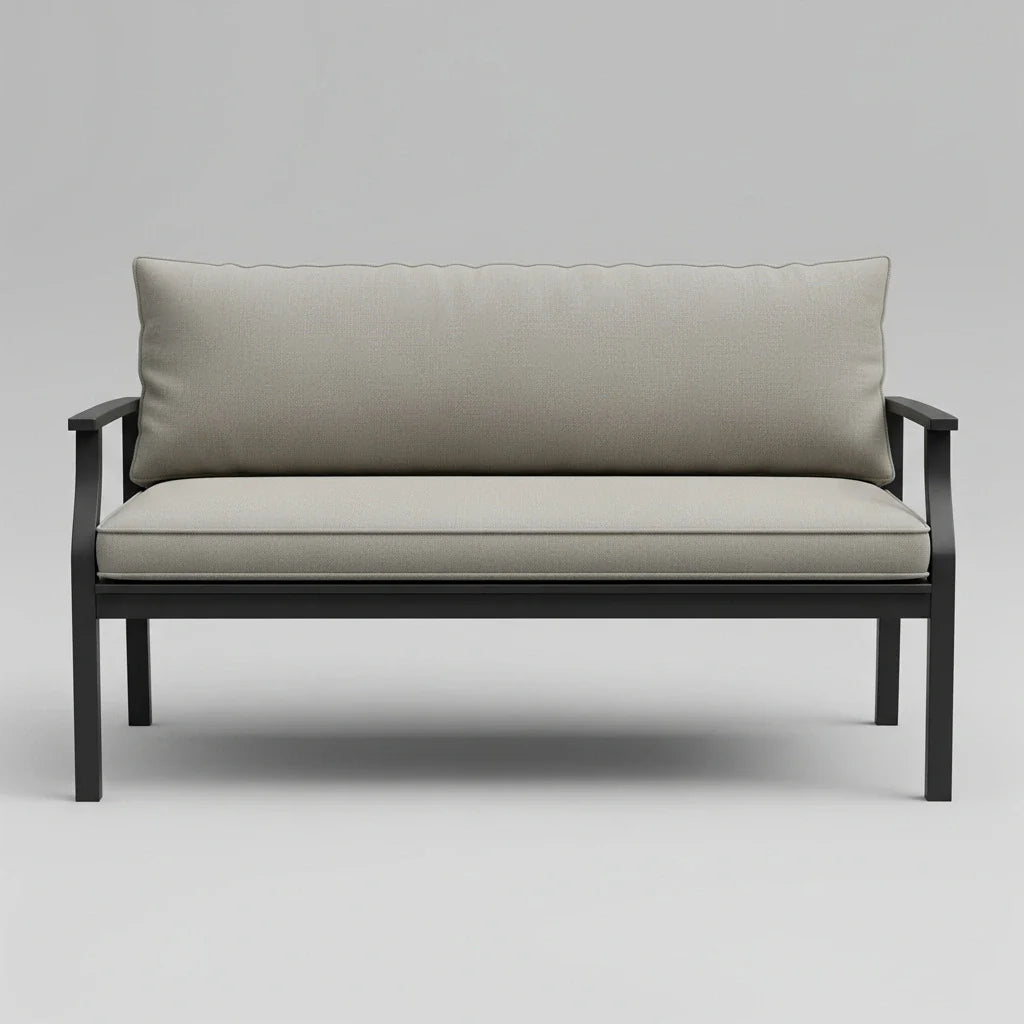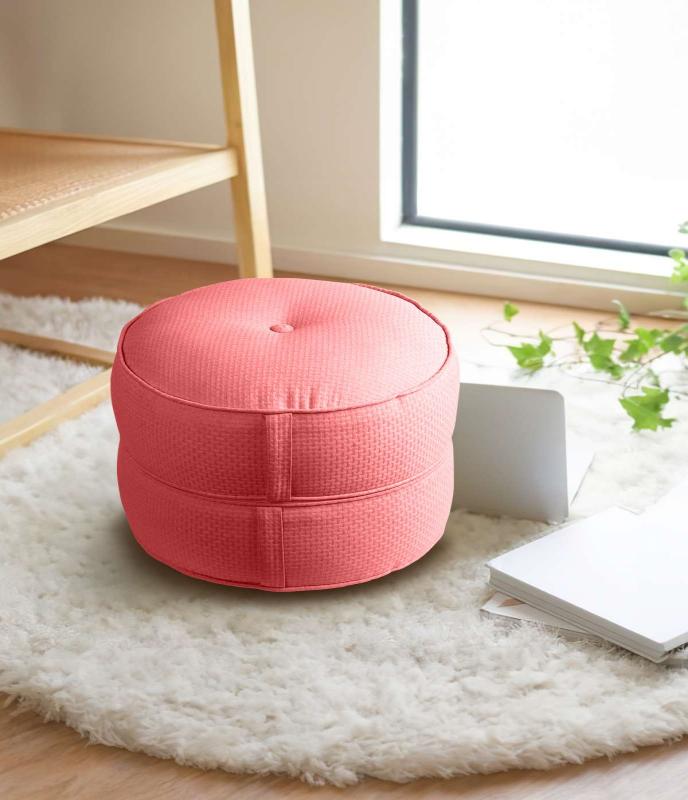Let's face it: store-bought sofa cushions can be a total gamble. One day you're sitting on cloud nine, the next you're basically camping on a pancake. If you've ever wondered how to create that perfect, hotel-suite level of comfort in your own living room, you've come to the right place. Making your own down-filled sofa cushion isn't just about saving money (though your wallet will thank you), it's about creating something that's genuinely yours.
Why Down Fill is the Gold Standard
Before we dive into the nitty-gritty, let's talk about why down is basically the Rolls Royce of cushion filling. Unlike synthetic alternatives that feel like you're sitting on a gym mat after a few months, down has this magical ability to bounce back to its original shape. It's like memory foam's cooler, more sophisticated cousin who went to boarding school in Switzerland.
Down vs Other Filling Materials
| Material | Comfort Level | Durability | Price Range | Maintenance |
|---|---|---|---|---|
| Down | ⭐⭐⭐⭐⭐ | 10-15 years | $$$ | Medium |
| Polyester Fiber | ⭐⭐⭐ | 2-3 years | $ | Low |
| Memory Foam | ⭐⭐⭐⭐ | 5-8 years | $$ | High |
| Feathers | ⭐⭐⭐ | 3-5 years | $$ | Medium |
What You'll Need for This Project
Alright, time to channel your inner Martha Stewart (but with less perfectionism and more fun). Here's your shopping list:
Essential Materials
- Premium down fill (2-3 pounds for a standard sofa cushion)
- Ticking fabric (downproof cotton or cotton-polyester blend)
- Zipper (20-22 inches, depending on cushion size)
- Thread (high-quality polyester or cotton)
- Measuring tape
Tools You'll Need
- Sewing machine (nothing fancy required)
- Fabric scissors
- Pins
- Seam ripper (for those "oops" moments)
- Iron

Step-by-Step Creation Process
Step 1: Measure Twice, Cut Once
This isn't the time to wing it and hope for the best. Measure your existing cushion or the space where your new cushion will live. Add 1 inch to each dimension for seam allowances. Trust me, there's nothing worse than a cushion that's just slightly too small – it's like wearing jeans that are one size too tight.
Pro Tip
If you're replacing an old cushion, use it as a template. Lay it on your fabric and trace around it. This method is foolproof and saves you from doing math (which, let's be honest, nobody wants to do on a weekend).
Step 2: Cutting Your Fabric
You'll need to cut:
- 2 pieces for the top and bottom
- 1 long strip for the sides (called a boxing strip)
- Make sure your fabric grain runs the same direction on all pieces
Step 3: Installing the Zipper
Here's where things get real. The zipper is your cushion's best friend – it's what allows you to remove the cover for washing and fluff up the down when needed. Install it along one of the shorter sides of your boxing strip.

Step 4: Sewing the Cover
Time to put it all together! Sew the boxing strip to the top and bottom pieces, making sure to leave the zipper partially open (learned this the hard way – you'll thank me later). Use a 1/2 inch seam allowance and backstitch at the beginning and end of each seam.
The Down Filling Process
This is where the magic happens, folks. Filling a cushion with down is like stuffing a cloud into a pillowcase – it sounds simple until you're standing in your living room covered in feathers looking like you wrestled with a chicken.
Best Practices for Down Filling
- Work in a clean, enclosed space – Down has a mind of its own and will try to escape
- Fill gradually – Add small amounts at a time, distributing evenly
- Test firmness as you go – You want it plump but not overstuffed
- Fluff and redistribute – Shake and massage the cushion to eliminate clumps
Making Your Cushions Last Forever
You've invested time, money, and probably a few choice words into creating these beauties. Here's how to keep them looking and feeling amazing:
Daily Care
- Fluff daily (yes, daily – it's like meditation but for furniture)
- Rotate weekly to prevent uneven wear
- Keep away from direct sunlight
Deep Cleaning
- Remove covers monthly for washing
- Professional cleaning for the down insert annually
- Air out in fresh air (not direct sun) quarterly
When DIY Meets Reality Check
Look, I'll be straight with you – making down-filled cushions is rewarding, but it's also time-consuming. Between measuring, cutting, sewing, and dealing with flying feathers, you're looking at a solid weekend project. Sometimes life gets in the way, and that's totally okay.
Professional Alternative
If you're short on time but still want that luxury feel, our custom bench cushions offer the same premium comfort without the DIY headache. We use the same high-quality down fill and professional construction techniques.

Troubleshooting Common Issues
Problem: Cushion is Too Firm
Solution: Remove some down fill. It's easier to add more later than to remove excess.
Problem: Down is Clumping
Solution: This usually happens when the down gets compressed. Give it a good shake and massage to redistribute.
Problem: Feathers Poking Through
Solution: Your ticking fabric might not be tight enough. Consider adding a liner or using a different fabric.
Beyond the Sofa
Once you've mastered the art of down-filled cushions, the world is your oyster. The same techniques work for outdoor deep seat cushions, chaise lounge cushions, and even floor cushions for that bohemian vibe everyone's obsessing over.

The Bottom Line
Making your own down-filled sofa cushion is like baking bread from scratch – it's satisfying, you know exactly what went into it, and you get bragging rights at dinner parties. Sure, it takes some effort, but the end result is something uniquely yours.
Whether you decide to tackle this project yourself or opt for professionally made cushions, the most important thing is creating a space where you actually want to spend time. Life's too short for uncomfortable furniture.
Ready to Transform Your Space?
Browse our collection of custom cushions or explore our bench cushion options. Every piece is crafted with the same attention to detail you'd put into your own DIY project.










Leave a comment
All comments are moderated before being published.
This site is protected by hCaptcha and the hCaptcha Privacy Policy and Terms of Service apply.